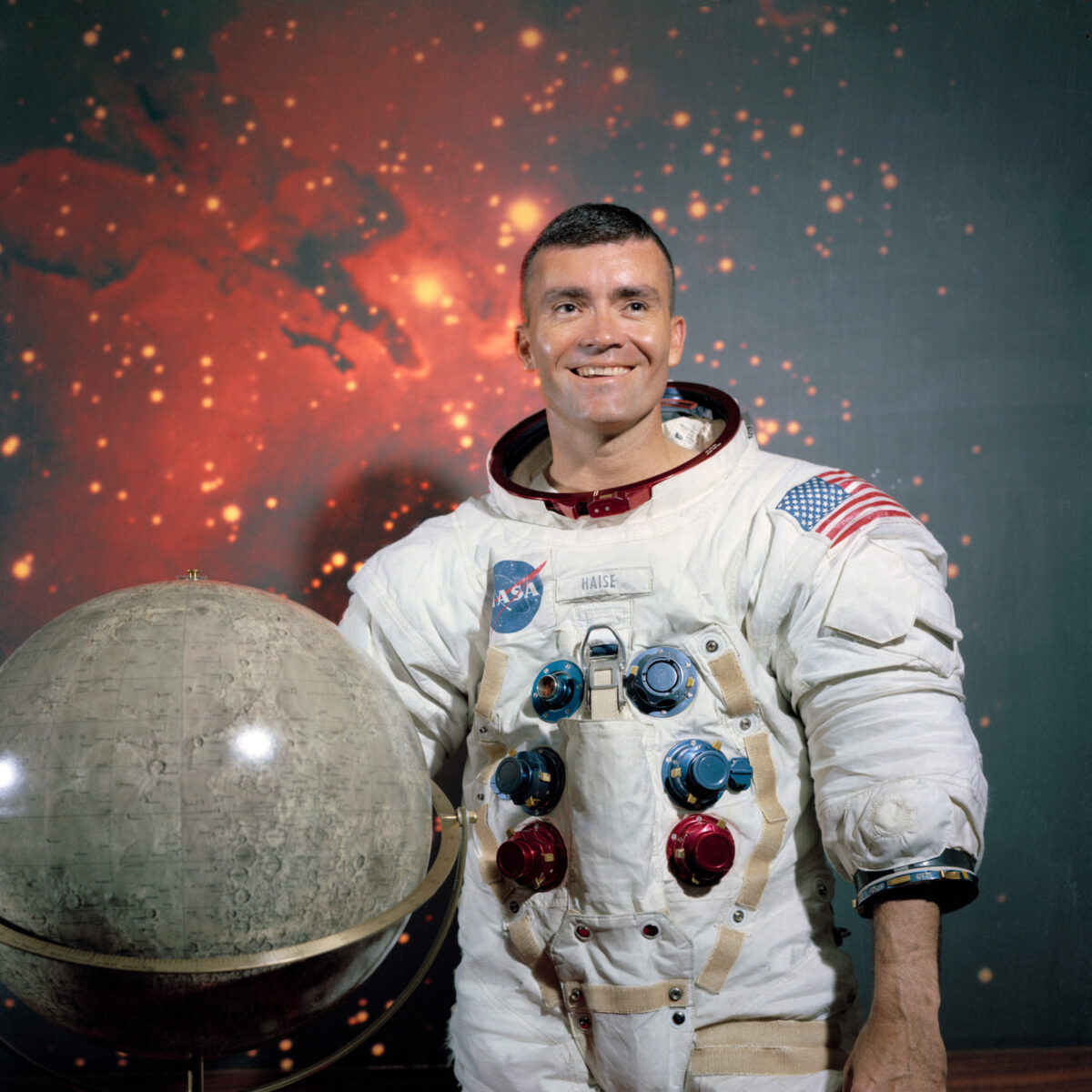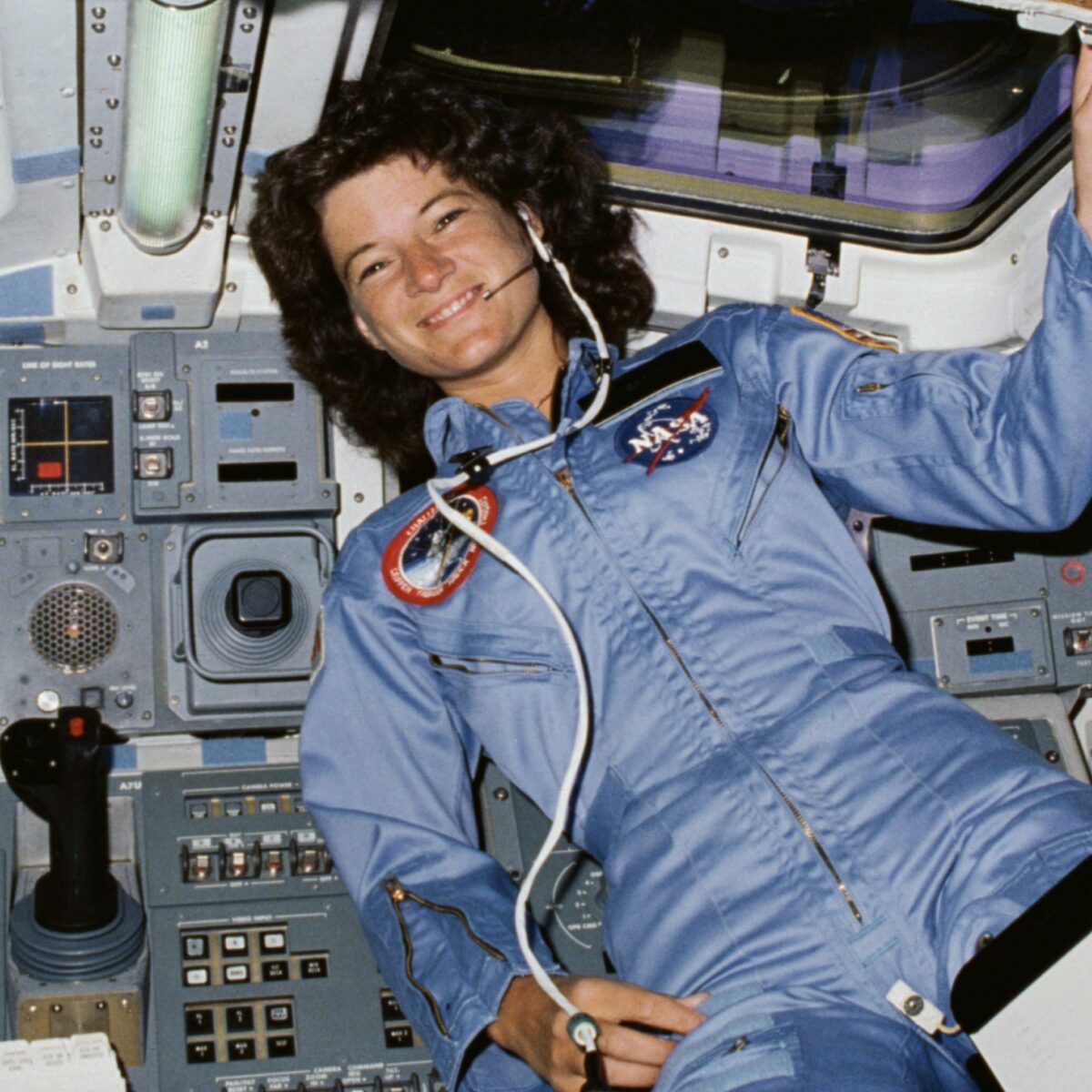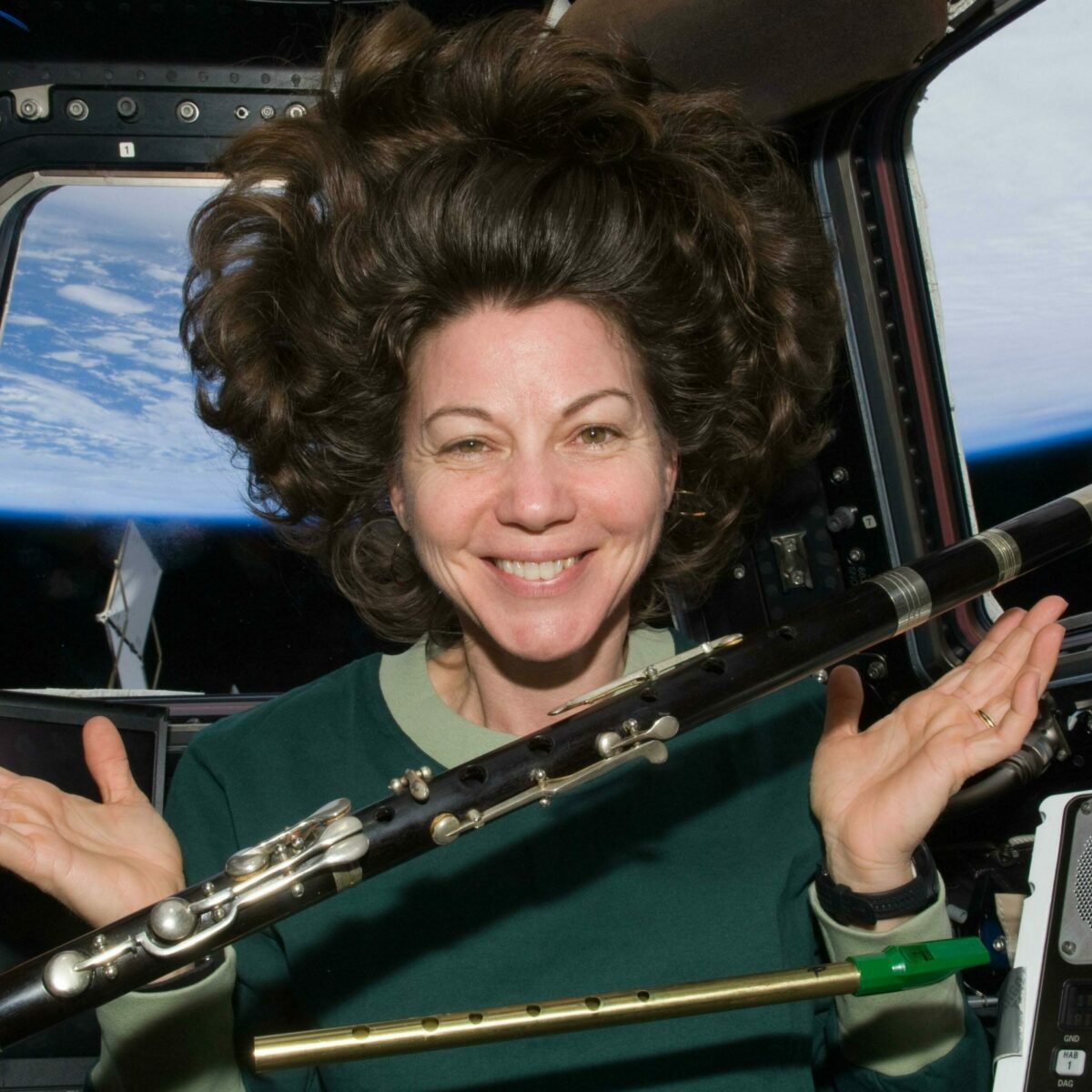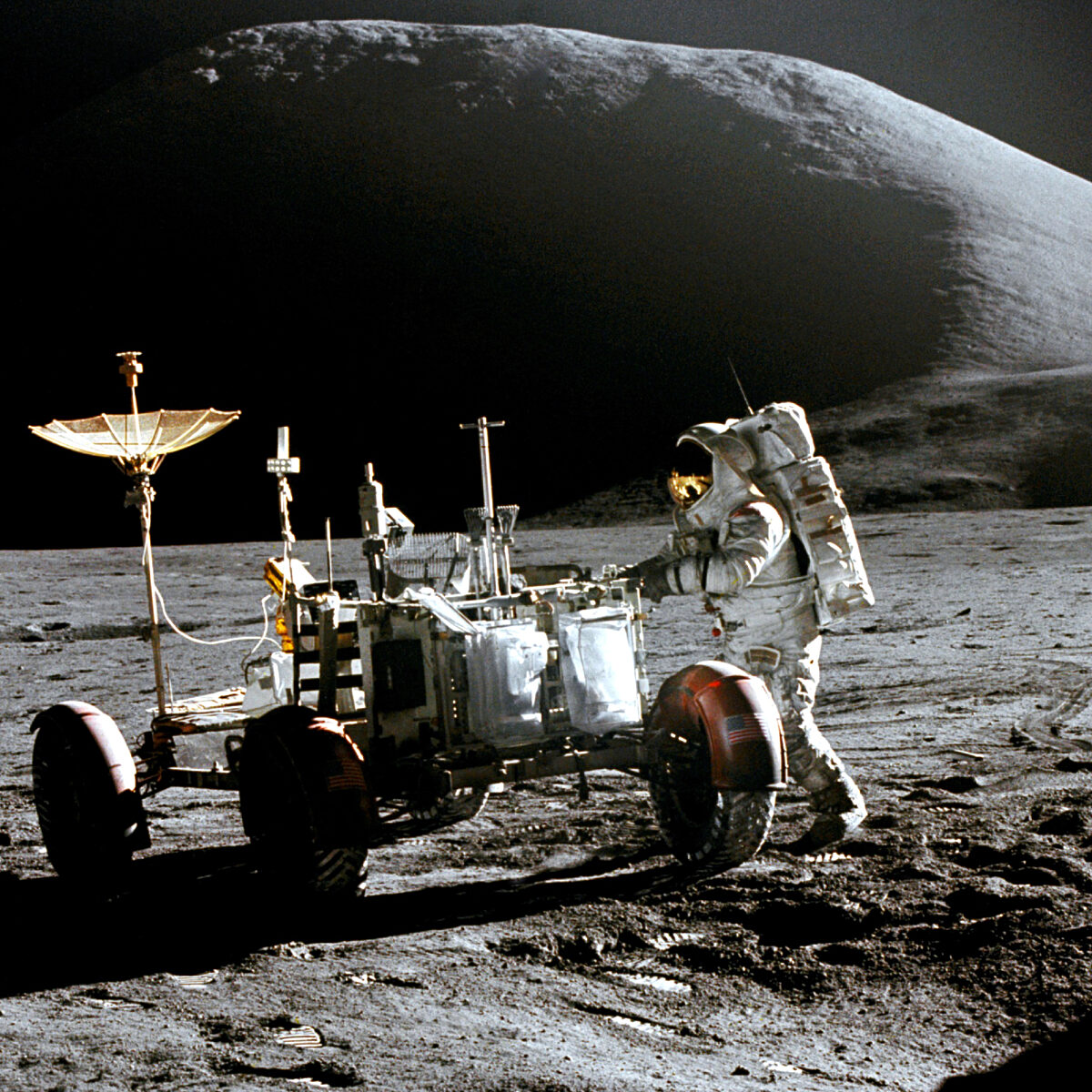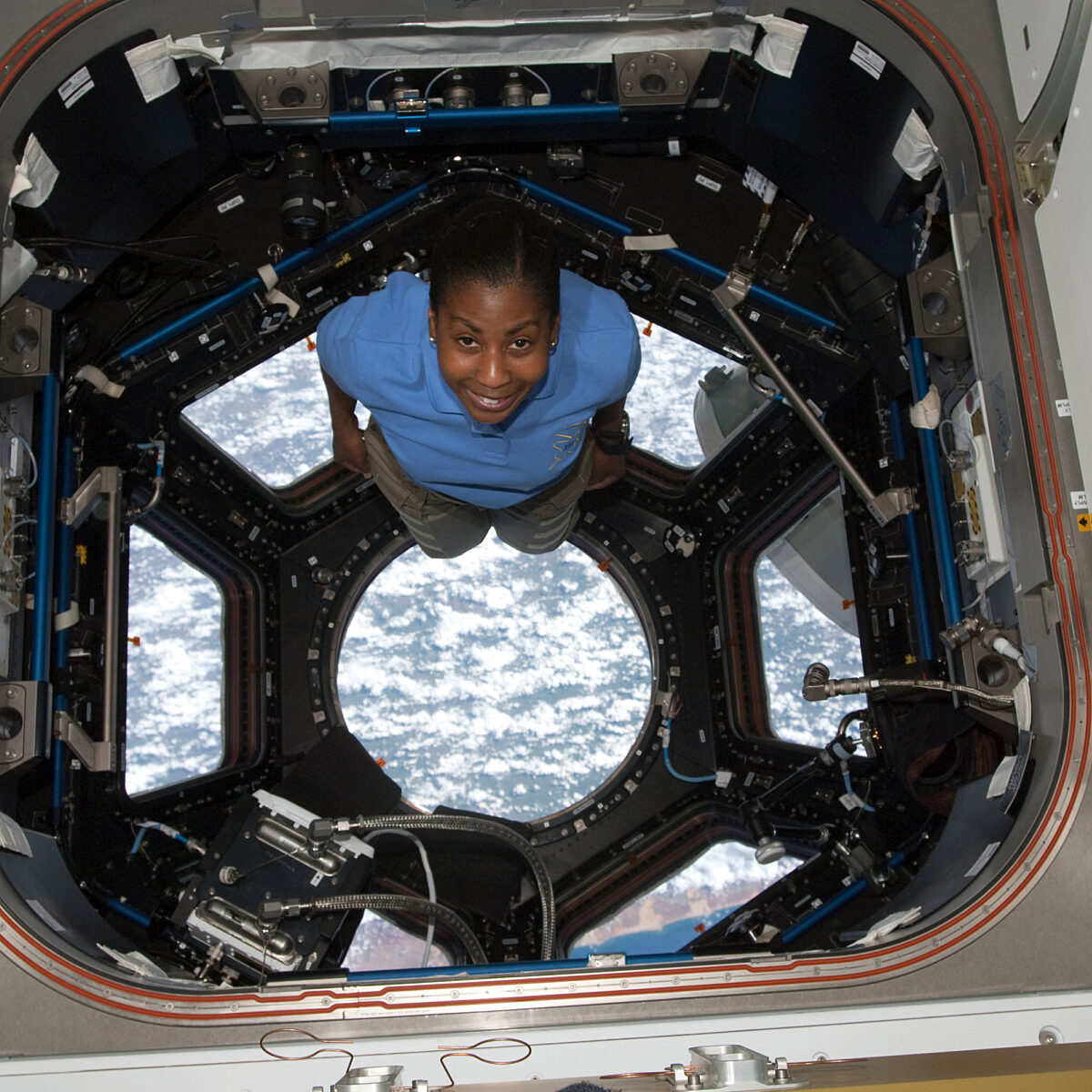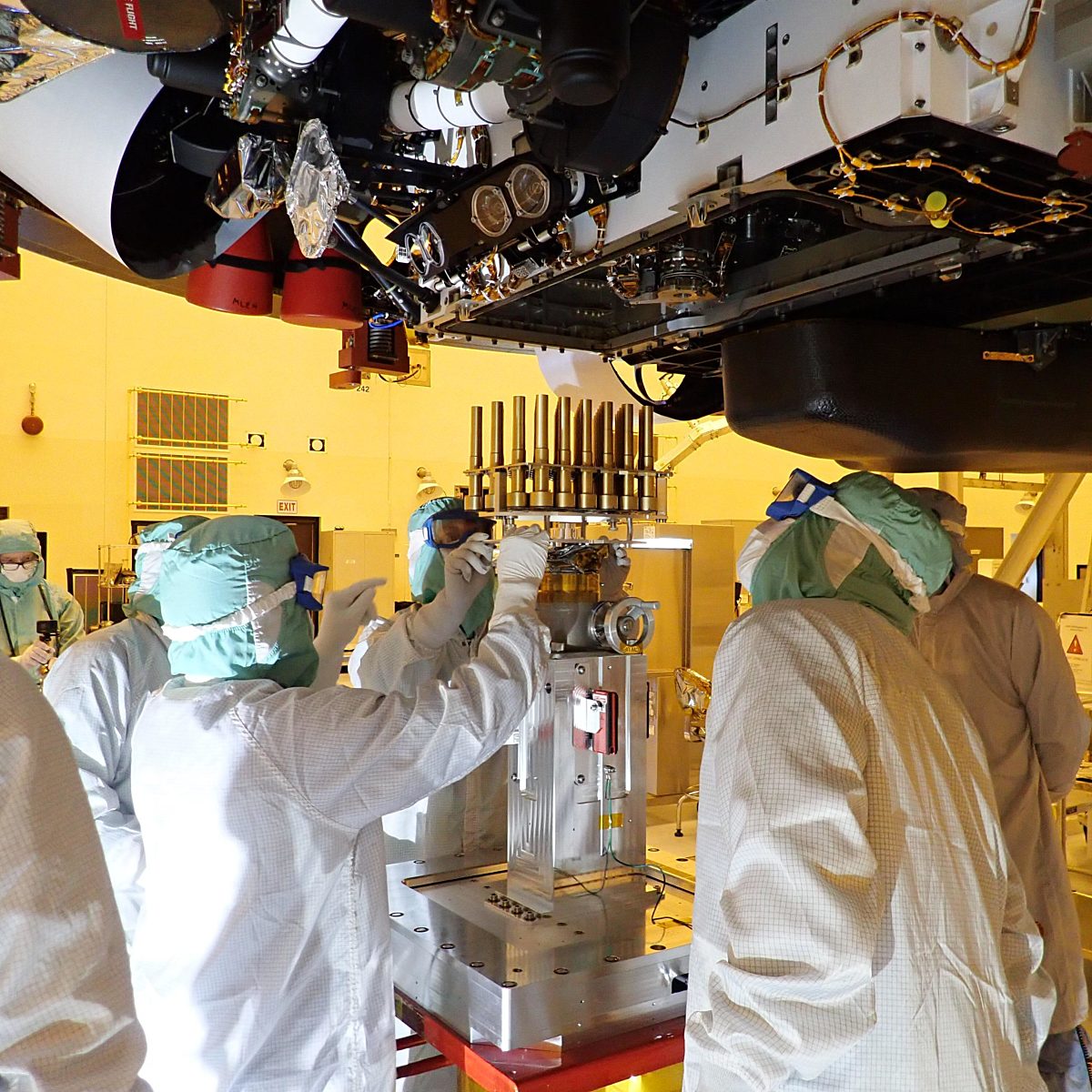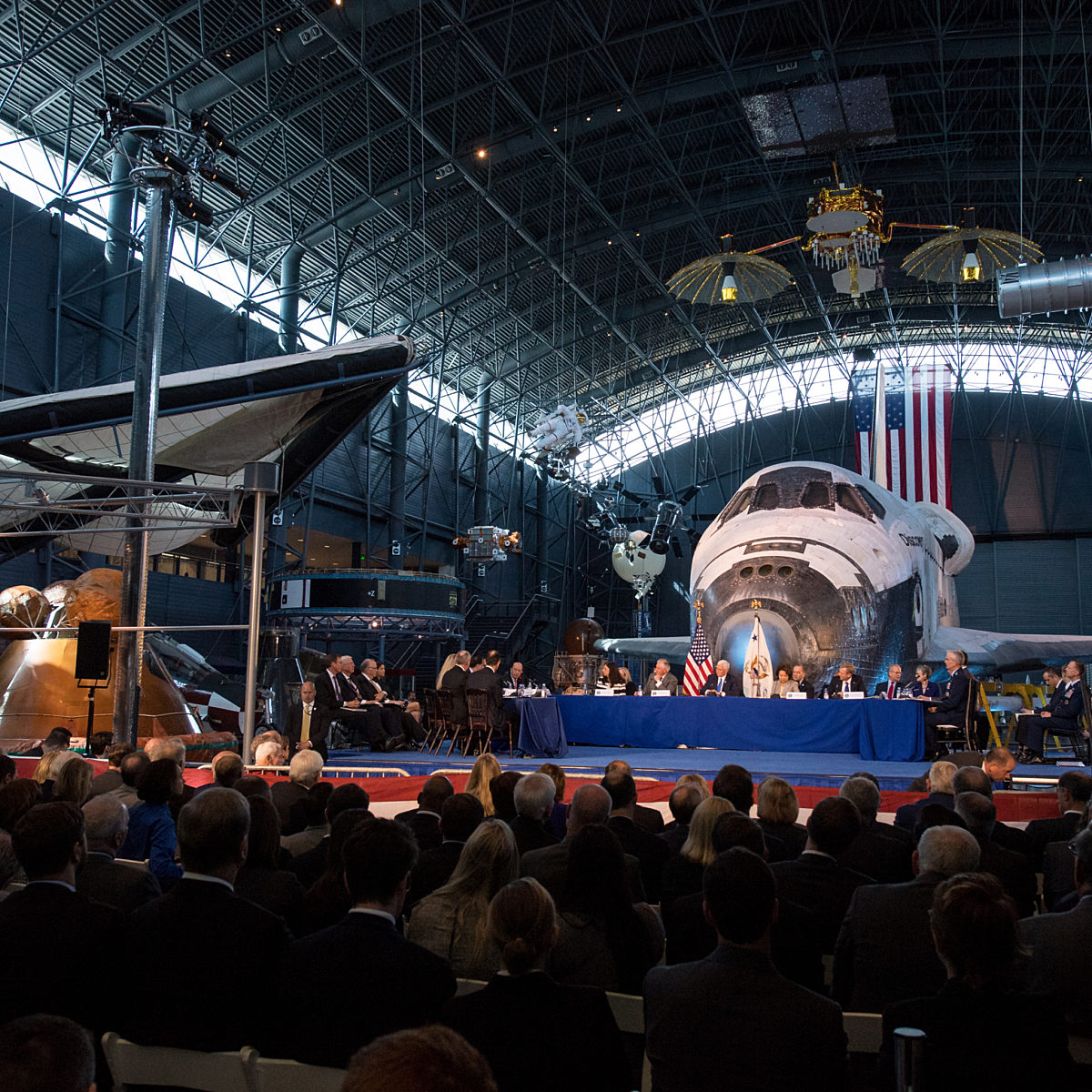Since 2002, Planetary Radio has visited with a scientist, engineer, project manager, advocate, or writer who provides a unique perspective on the quest for knowledge about our Solar System and beyond. The full show archive is available for free.
Search Planetary Radio
Mat Kaplan helped host the Humans to Mars Summit in Washington D.C., where much of the community that is working to get us to Mars gathered.
International space policy and sustainability expert Mariel Borowitz explores with Casey Dreier how the war in Ukraine reaches beyond Earth in ways that are chilling and surprising.
Britain’s Astronomer Royal Martin Rees and science writer Don Goldsmith question the value of putting astronauts in harm’s way at great expense in their new book.
Fred Haise takes us on board the mission that almost didn’t make it home from the Moon and shares many other stories.
Building the next spacesuit for Moon walkers, and a shipboard update on how the Artemis 1 Orion capsule will be recovered from the Pacific Ocean.
Seven Planetary Society experts and enthusiasts celebrate 2021’s many space science and exploration milestones.
A first-ever encore of our wonderful conversation with the first American woman in space.
Highlights of the annual gathering of leaders and experts who are building toward humans walking on the Red Planet.
Director Clare Lewins and NASA astronaut Cady Coleman discuss the new documentary "The Wonderful: Stories from the Space Station."
Space historian and author of A Man on the Moon Andy Chaikin returns as we celebrate Apollo 15’s 50th anniversary.
Gerard K. O’Neill envisioned vast, magnificent human settlements in space. His followers, including Jeff Bezos, are working to turn his vision into reality.
Robert Crippen and John Young became the first humans to fly a space shuttle into orbit when Columbia launched on April 12, 1981.
In spite of everything, 2020 was a good year for space exploration according to five of The Planetary Society’s experts.
18 astronauts on the Artemis Team have a shot at walking on the Moon, and Stephanie Wilson is one of them.
Space historian Teasel Muir-Harmony argues in her fascinating new book that the Apollo lunar program was promoted as a triumph of, not for, all mankind.
Two pioneering Mars orbiters are still doing great work above the Red Planet, while the first operational Crew Dragon spaceship has delivered four astronauts to the International Space Station.
NASA’s planetary protection officer joined Mat Kaplan’s Humans to Mars summit panel for a great conversation about protecting worlds throughout the solar system from what could be devastating contamination.
The National Space Council’s Scott Pace talks with Casey Dreier about the current administration’s sweeping new strategy that integrates all elements of space development and exploration.
Splashdown! The astronaut and former leader of Dragon capsule development at SpaceX is back to celebrate the spacecraft’s successful mission.
Are we learning how to keep men and women alive on a 3-year round trip to Mars?


 Explore Worlds
Explore Worlds Find Life
Find Life Defend Earth
Defend Earth





